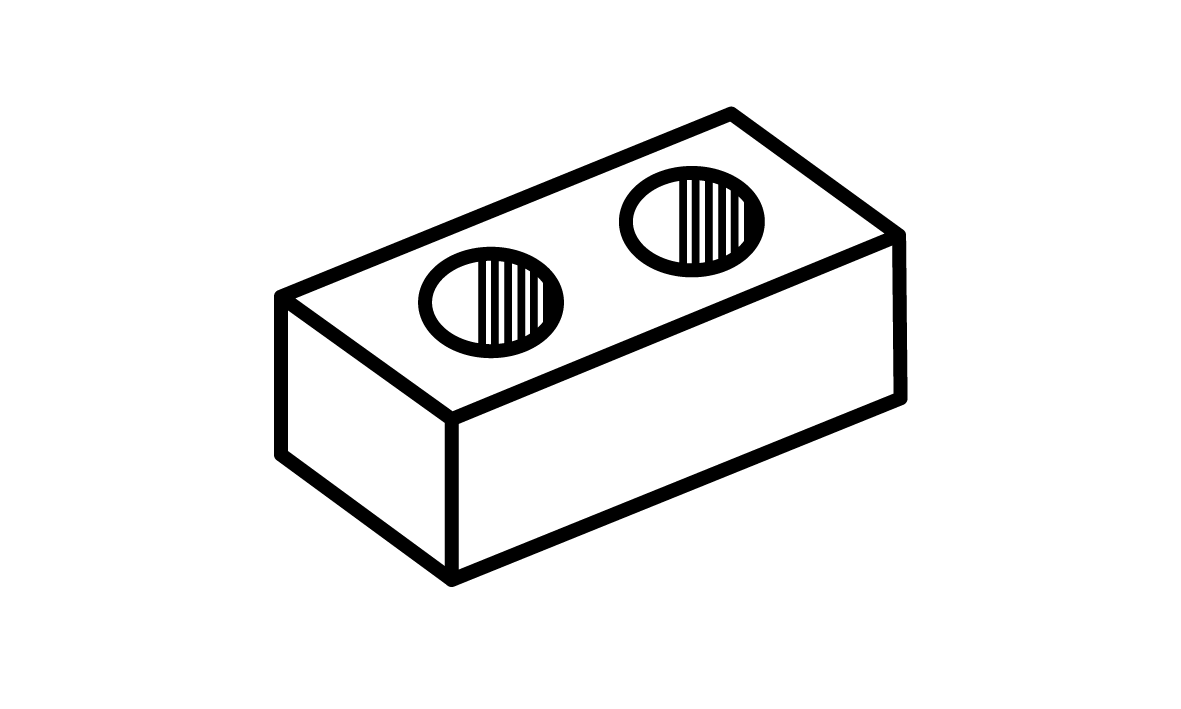FLUID Mentor 2022 | Katie Fisher
I’m an architect, an ambassador at the Architects’ Benevolent Society, and a Young Trustee at the Architecture Foundation, a collective whose purpose is to give a platform to unheard, underrepresented and emerging voices in the industry.
I’m originally from Croydon but studied in Newcastle after which, I spent some time working with the Office of Displaced Designers, a design consultancy in Lesvos working with displaced people. My last role was with Stanton Williams where I was a very active part of their EDI group and mentored on the Open City Accelerate programme. I am driven to achieve social, spatial and material justice and I try to bring that passion with me wherever I go.
I’m now working at Grounded Practice, getting involved in developing Social Value aspects. We are also working on a masterplan retrofitting existing council housing stock in Lancaster. Working with Place Capital Group, a parent company, we are undertaking resident engagement, holding conversations with people to understand their needs and improve their quality of life through considered design. It is this work that makes me want to get up in the morning.
I’m keen to encourage people to have a voice, agency and involvement in the built environment. For me, mentoring is rewarding and being able to work with Naiara has been fantastic. We’ve had really interesting conversations and it’s been a privilege see her grow in confidence and be a part of her journey. Creating space for different voices to be heard is one way of making the built environment more equitable. There’s a big dropout rate in architecture, particularly of those facing barriers, so anything that supports and encourages people to continue pursuing their careers, is a good thing.
Naiara is my first mentee with FLUID, I’ve also mentored Part III students at Westminster University as part of their Champions scheme, and am signed up to mentor with the Social Mobility Foundation.
Mentoring with BBU on the Fluid programme is a very small thing I can do. It doesn’t take up a huge amount of my time, but it’s an important programme in helping to encourage diversity.
It’s difficult to translate university degrees across countries and continents and this is a challenge faced by many seeking to enter the industry in a professional capacity. There are different styles of what a portfolio or CV should look like, within different practices let alone different cultures. Who do you ask about that? Where do you find out? If you don’t know about initiatives or have a network, it’s not always obvious.
I think that it’s really difficult to be confident in such a white male-dominated industry, I don’t know anyone who doesn’t feel imposter syndrome. This is often compounded with cultural and language differences. It’s not easy to believe that your differences are a superpower, a different perspective or experience is a strength!
If your company is not diverse, how can you possibly design spaces for different communities and for the wealth of diversity that exists in London? How can you possibly understand how spaces work for different people when you don’t have that lived experience and you’re not talking to people who are living differently to you?
There might be a skills shortage in the industry but there is a huge knowledge shortage too, because it’s the same sort of people making the decisions and that inherently impacts on the quality of our design.
My mentee is about to make the career jump into the UK construction industry. Outside of her current job she has co-founded an initiative called Centro Cultural Afro Brazil – a global network engaging with people of colour of Brazilian heritage, which has organised all sorts of events and established a network in London. They are now looking to create a library.
Job applications can be a very humbling experience and it can be a big knock to your confidence. This is often because your success rate is quite low, and relatively speaking, you rarely hear back from applications when unsuccessful. So when you don’t get any feedback, you don’t know how to improve. I always think it’s important to remember that job applications are a two-way thing. It is just as much a chance to find out whether the job is right for you as it is for them to find out about you. It’s a mentality that helps balance the power dynamic.
I tell all my mentees that if you didn’t get the job, it’s not just a sign that they weren’t the right fit, but also that they might not be the right fit for you. However, it can be quite isolating if you don’t have a network and you don’t know where to go or who to ask. I find it very surprising that someone as ambitious, as incredibly talented, and with such interesting experience didn’t get a job in the right sector straight away. Naiara came across FLUID by chance. How many people are we not reaching? How many others are we missing out on, because of barriers that are in place? What potential talent and ideas are lost because they end up doing something else?
We have a responsibility and opportunity, to educate ourselves, recognize our privilege, and make some change. There are lots of initiatives that are making change and need support, so I’d really implore others to find one and get involved!

